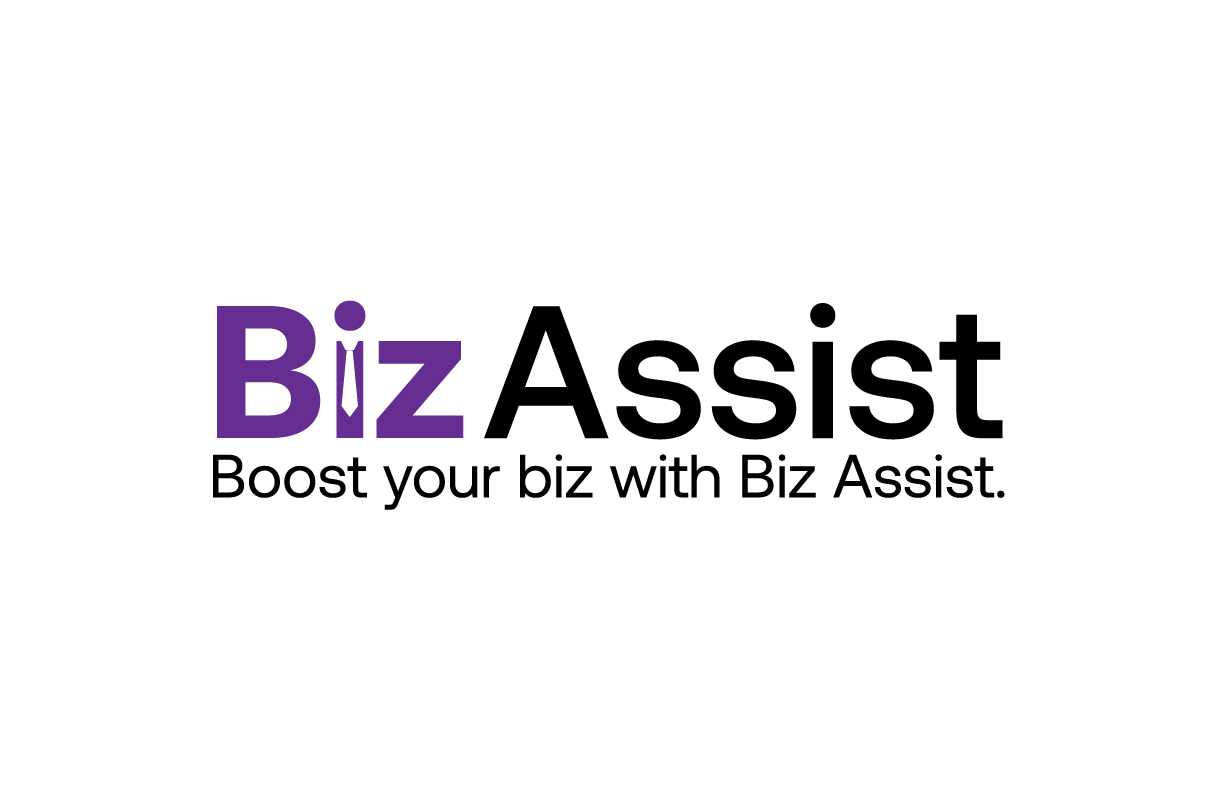My girlfriend recently shared with me a facebook post which was about a man from the UK that had made Lemoncello for the first time and clearly did not follow the recipe as he had a very unsatisfactory result. If you don’t mind a bit of rich language view the clip at this link.
This made me think about how things could go wrong if you did not have the right ingredients when baking or making something tasty. It also highlighted what can happen if you do not follow the recipe or have all of the ingredients.
These thoughts can be applied to business as well. If you do not have the right recipe or all of the ingredients to make a strong business, then things can go wrong quite easily and can sometimes be disastrous.
What are the ingredients for business?
- Working Capital
In my experience in New Zealand, people try to start their businesses with insufficient cash available. They may start with enough to set up their business, but not enough to sustain it in its start up phase. This phase could be a number of months, or in some cases years,. This is true if you look at examples like Rocket Lab and Moa Brewery to name a few. The working capital may come from savings invested in the business, or from a lender or from another investor(s).
- Potential Customers
If you are going into business you need to know that there are potential customers that will buy the products or services that you are wanting to provide. You want to do some market testing and get specific about exactly who will buy your products or services.
- Marketing Plan
This is how you will attract the potential customers to your business. Generally customers won’t all of a sudden start buying from you just because you have opened your doors. You need a plan that includes listing who your potential customers are and how you are going to entice them to buy from you.
- Business Alliance Plan
You need a plan of who you require as a partner to enable you to conduct your business. This plan will include key suppliers, lawyer, accountant, business advisor and mentor, to name a few.
- Financial Plan
This is where you build the financial goals of your business with aims for 12 months out to possibly 10 years. This will highlight what resources you need to achieve those goals, and how you are going to get those resources, plus, what actions you need to take etc.
- Crisis Plan
Sometimes, things go wrong in business. So, you need to have a plan on how to operate if things do go wrong. This will include adequate insurances, understanding how your computer system can work if your premises are not able to be accessed, if you have staff how to engage with them if there is a disaster, and so forth.
- Key Document Storage Plan
You need to have a place where you can easily store your key business documents. Rather than keeping physical documents, this may well be in the cloud. It is where all contracts, tax compliance documents, employment records, and so on are stored and easily accessible.
- Systems Plan
The planning of strong efficient business systems will mean that as your business grows, your systems can cope with that growth and not hinder you from achieving your goals.
- Exit Plan
This is putting in place strategies, structure, and systems to lock in the value that you are creating in the business. It is so that when you decide that you do not want to do it anymore, others will see the value in what you have created and be willing to pay for it. There are various exit strategies such as succession, or direct sale, listing on the stock exchange, venture capital investment, shutting down, and a number of mixtures of all of these. Thinking about this ahead of time allows you to make sure you have the appropriate structure and strategies in place to allow it to happen when you are ready.
Proof of the pudding
Many New Zealand businesses do not follow a recipe with the ingredients outlined above and this could be why a large proportion of them fail within the first 12 to 24 months. A lot of the ingredients in the list above can be created by the business owners/prospective owners themselves with some time and discipline.
Don’t be like the lemoncello guy and not follow the recipe, we saw how that went!
Help with the ingredients
Sometimes it can be hard to know which ingredients you need for your business, or which recipe you should be using. So, if you need help putting some of the ingredients together please feel free to contact Biz Assist for a free no commitment initial consultation.
